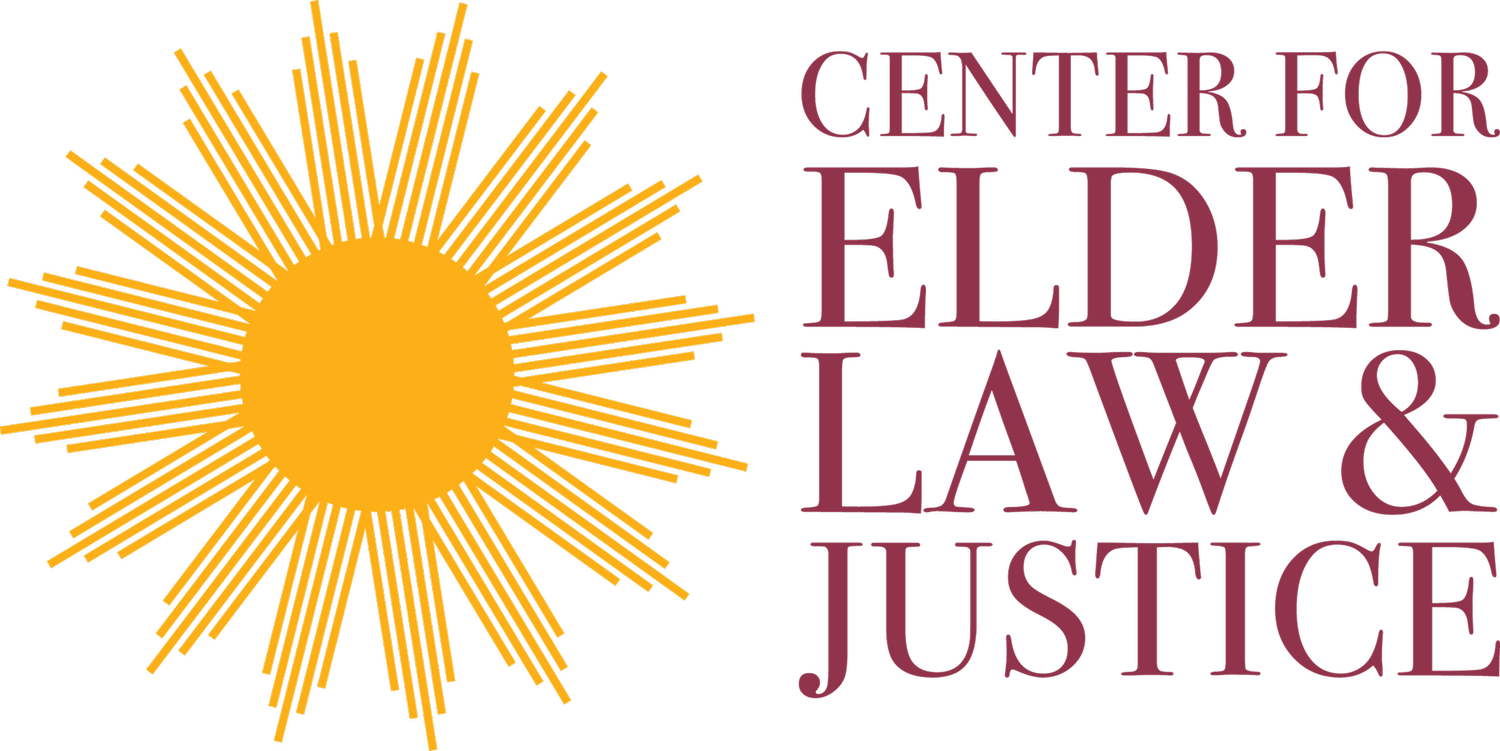UNDERSTANDING PHARMACY BILLS IN NURSING HOMES AND ASSISTED LIVING FACILITIES
When a person becomes a resident of an assisted living facility or nursing home, they or their family may be told that there are three options for the resident to get their prescription. Residents can have the prescriptions filled (1) by mail order; or (2) resident (or a family member/friend) can pick up the prescriptions at a local retail pharmacy and delivery prescriptions to the resident; or (3) they can use the in-facility pharmacy. Many residents choose the in-house pharmacy as it is the most convenient.
In-house pharmacies can bill the resident separately. If the bill should be sent to a Power of Attorney for payment, the POA should inform the pharmacy where bills should be sent. In addition, the pharmacy should be given resident’s insurance information, and this should be updated whenever there is an insurance change including a new Medicare plan.
Residents and their families need to make sure that the in-house pharmacy is in-network before choosing this option. Please call your insurance plan and discuss with member services what coverage of benefits are available. In addition, with some insurance plans, including Medicare Advantage plans, residents may need to request an insurance rider that allows for the in-facility pharmacy option. Depending on your insurance policy, the rider documentation may need to be provided or signed by a facility’s doctor. Again, check with the insurance plan’s member services about the process for completing the rider.
For residents and their family members, receiving a pharmacy bill that does not bill for insurance can be expensive. Contact your insurance company prior to an individual moving into an assisted living facility or nursing home to understand filling prescription requirements so you are not surprised by a facilities pharmacy bill.
If you need further advice or guidance, you can reach an attorney directly through the Center for Elder Law & Justice’s Free Senior Legal Advice Helpline by calling 1-844-481-0973 or by e-mailing helpline@elderjusticeny.org.
